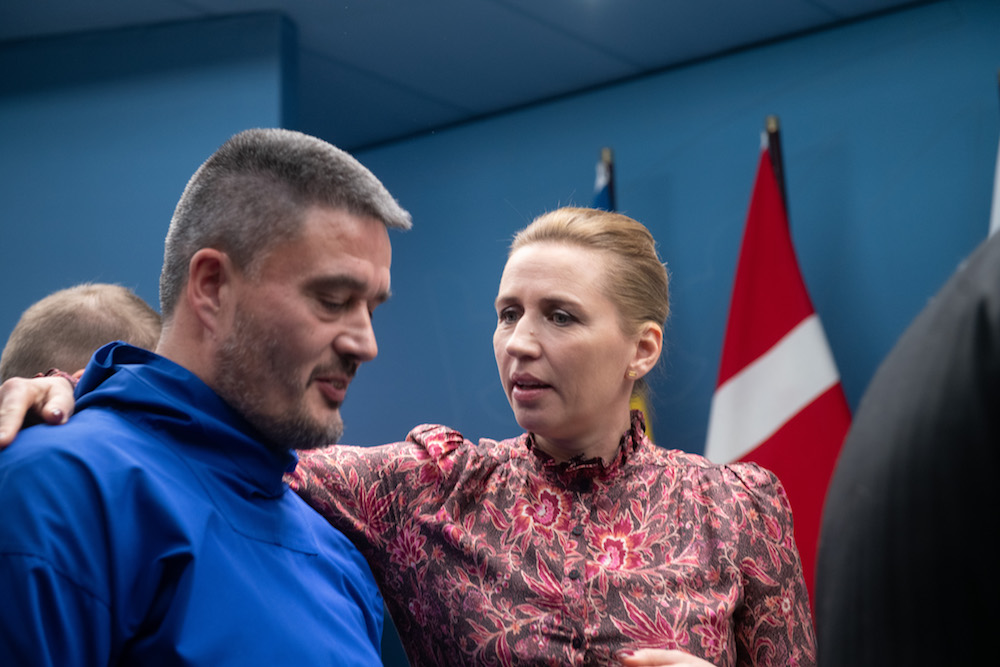A new Danish Arctic strategy is expected by end of year, despite coronavirus disruptions
A major gathering of legislators to discuss the strategy will likely have to be moved online as the Kingdom of Denmark seeks to revamp its 2011 strategy.

Coronavirus outbreaks and ensuing restrictions in Denmark, Greenland and the Faroe Islands has slowed progress towards publication of a revised Arctic strategy for the Kingdom of Denmark, but Greenland’s foreign ministry says it expects the document to be ready close to the deadline at the end of this year.
Work to update the current 10-year strategy before it expires at the end of this year has been disrupted by the travel restrictions that resulted in the cancellation of a March 27-29 gathering in Ilulissat of lawmakers from all three countries.
The meeting was to be used to gather input that could be used as decision-makers put the final touches on a draft version that is currently under review.
[Greenland is high on the agenda as Denmark’s new foreign minister makes his first DC visit]
Instead, the meeting will now be held online in the coming months, the foreign ministry announced on Thursday, while a gathering in Ilulissat may be held this autumn.
In the meantime, Greenlandic lawmakers, citizens and interest groups are all being given the chance to make their views known about the strategy prior to the its finalization later this year, as part of an effort to make sure it has public support.
The 2011 Arctic strategy set what decision-makers at that time saw as the region’s “most important opportunities and challenges” and defined “common political objectives” for the Kingdom of Denmark.
Since then, the Arctic has taken on increasing political significance in Copenhagen, and in 2016 it was included as one of Denmark’s five foreign-policy priorities in the near-term, alongside issues such as Brexit and terrorism.